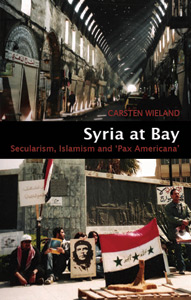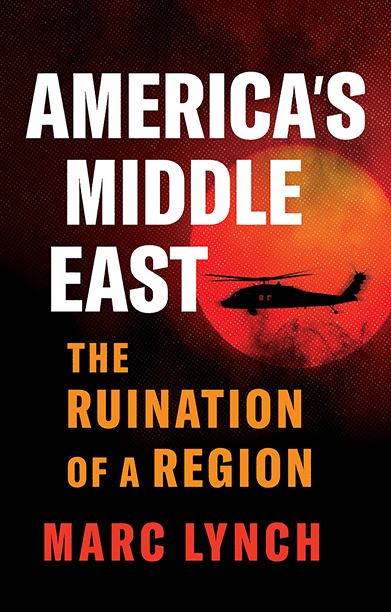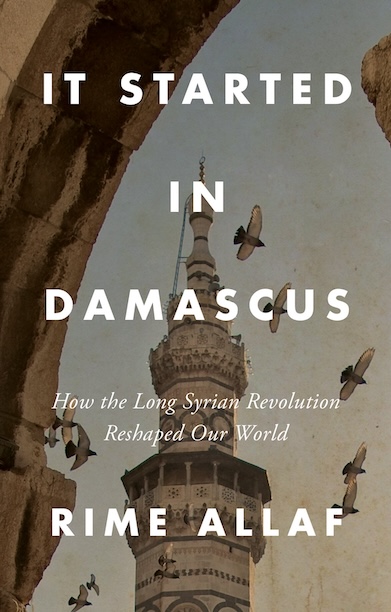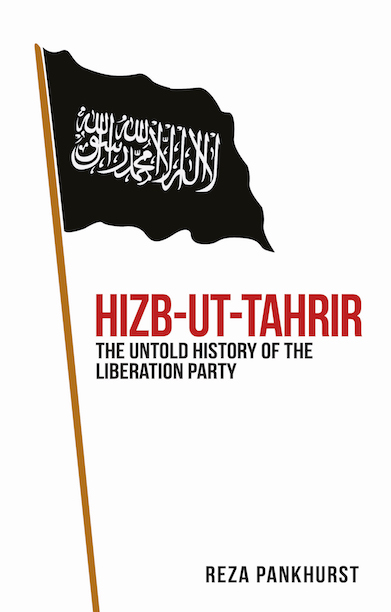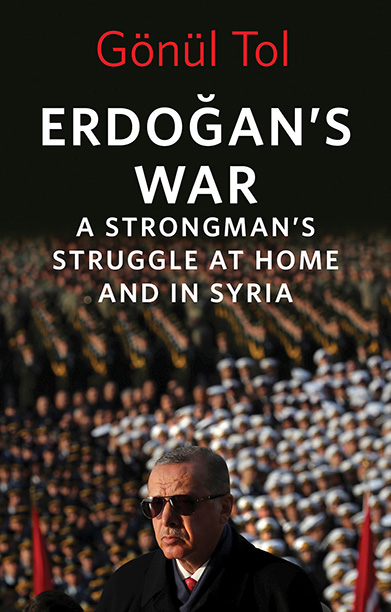Description
Immediately after the US-led invasion of Iraq, which was opposed by the Syrian government of Bashar al-Asad, there were real fears that Damascus would be next in line for ‘regime change’. This perception was reinforced by Washington’s rhetoric and its claims that the post-invasion Iraqi insurgency is being assisted by the Syrian intelligence service. The assassination of the Lebanese prime minister, Rafiq Hariri, compounded this pressure, with many observers pointing the finger at Damascus. The repercussions of his murder were anything but beneficial: Syria was compelled to withdraw its troops from Lebanon, where they had been stationed for nearly three decades. On the domestic front, Bashar is caught between hardliners and an increasingly impatient opposition. But will international pressure precipitate long overdue political reforms, or might it rebound, stifling the albeit hesitant relaxation of internal controls? Wieland argues that the West must not ignore Syria’s robust tradition of secularism, and cautions that US attempts to undermine the current regime may, paradoxically, embolden the Islamists and help the regime to maintain its authoritarian grip on power.
Reviews
‘Syria at Bay offers essential background information on the current political crisis in Syria in a comprehensive and accessible manner.’ — e-International Relations
‘Better than any recent author, Carsten Wieland plumbs the contradictions of contemporary Syrian life and politics. Why does its President Assad remain popular with so many Syrians even as his government is reviled for its corruption and repression? Why are Syrians frightened of democracy even as many say they want it? Will the US destruction of the Baathist state in Iraq lead to the collapse of Baathism in Syria? These are some of the questions explored compellingly in this important work, Wieland has spoken to leading Syria opposition members and government officials alike. He is even-handed; he knows Arabic, and has live in Syria for years. Better yet, he listens. Everyone interested in Syria should read it.’ — Joshua M. Landis, Director, Center for Middle East Studies, University of Oklahoma, and author of Syria Comment
‘An atmospheric portrait of present-day Syrian society that cannot be found elsewhere.’ — Orient, Hamburg
Editor(s)
Trained as a historian in Germany, America and India, Carsten Wieland is Middle East correspondent for Deutsche-Presse Agentur (DPA)
